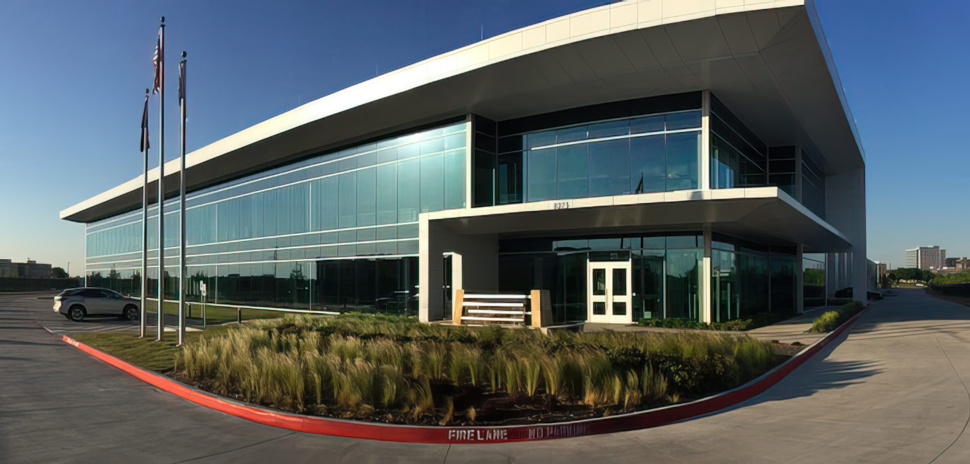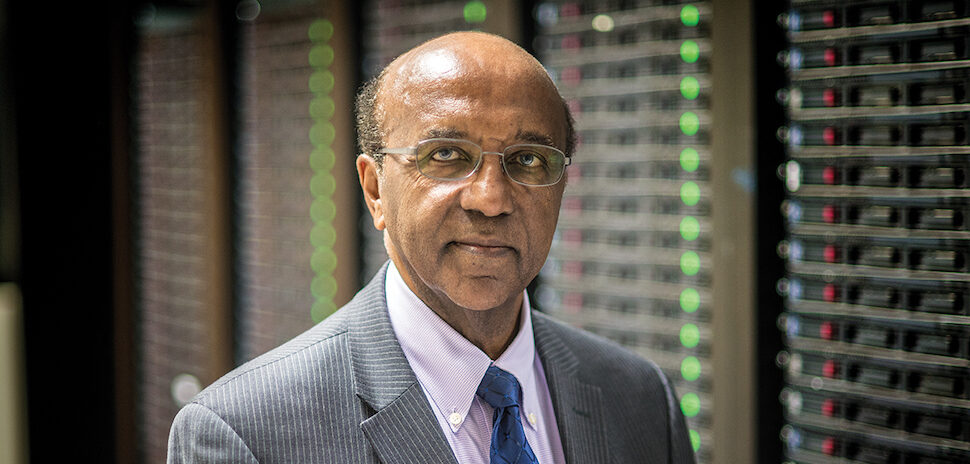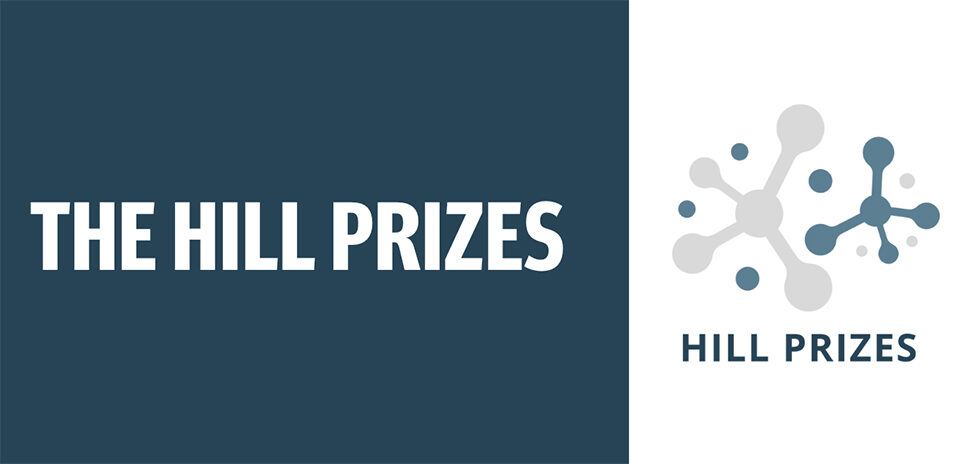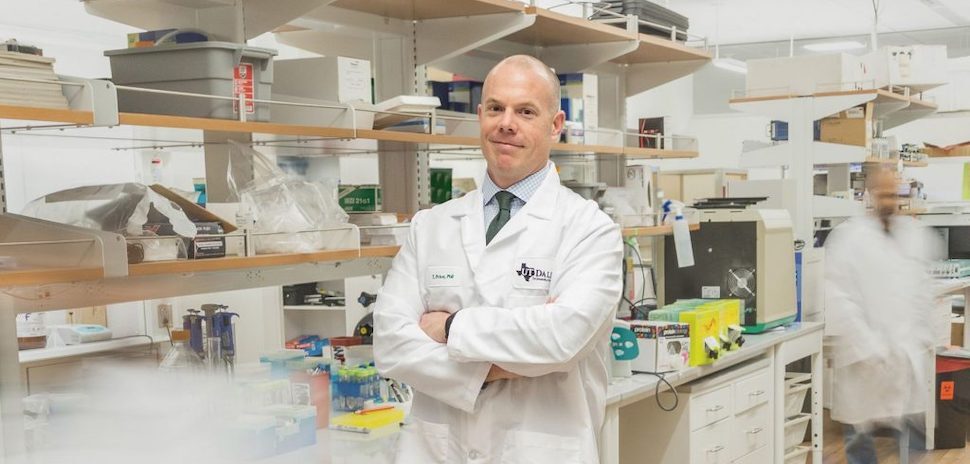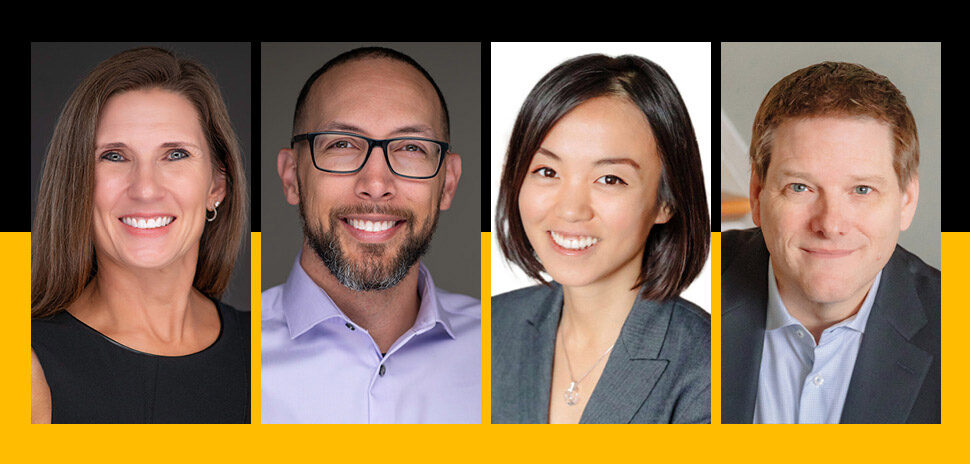Dallas-based DataBank, a leading provider of enterprise-class colocation, connectivity, and managed services, has announced the completion of seven data center expansions in Dallas, Las Vegas, San Diego, Irvine, and Kansas City—as well as two in Atlanta.

Tony Qorri
Combined, DataBank said these colocation facilities have added 15-plus megawatts of power and 114,000 raised square feet of floor space during the past 12 months to their existing capacities.
Tony Qorri, the VP of construction at DataBank, said that for organizations planning to deploy—or for existing customers already set up in these data centers—the expansions “give them more room to grow.”
“They can avoid the hassle of moving to a new data center when it’s time to scale their compute resources,” Qorri added in a statement.
The company said the expansions can be a risk-reduction measure for customers, as they won’t have to migrate applications to a new data center. It can also alleviate cost concerns, since customers won’t have to worry about the expense of building out their existing facilities.
Customers will now be able to consume more power and leverage abundant raised floor space, DataBank said.
The expanded data centers serve as ‘major interconnect hubs’
The seven expanded data centers are strategically located in top U.S. metros, DataBank noted, and “serve as major interconnect hubs to extend customer network infrastructure to today’s edge—where end-users demand low latency.”
Each of the data centers features advanced power designs and cooling systems for redundancy, along with dual-factor authentication for client facility access. For onsite security, DataBank says it provides 7x24x365 staffing and CCTV, with the data centers also complying with SSAE18, SOC1, SOC2, HIPAA, GLBA, and PCI-DSS.
Across the entire U.S., DataBank said it has established 74 data centers “less than 50 miles from 70% of the U.S. population that offer a combined 2.79 million square feet of raised floor space and 378 megawatts of power for critical IT loads.”
![]()
Get on the list.
Dallas Innovates, every day.
Sign up to keep your eye on what’s new and next in Dallas-Fort Worth, every day.










